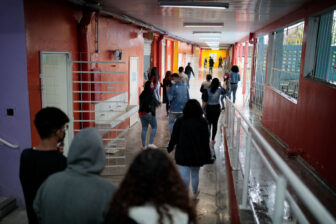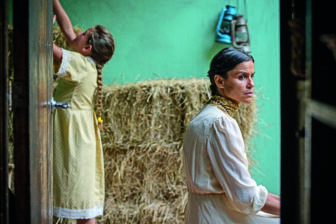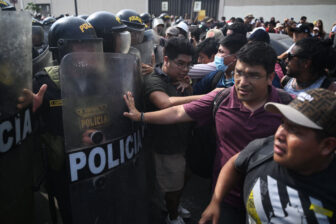This article is adapted from AQ’s special report on the education crisis
A grassroots movement started in 2012 by a young man living in a poverty-stricken area of São Paulo has grown into an organization with national reach. Edu Lyra says his goal with the non-profit Gerando Falcões (GF) is to “turn poverty into a museum piece.”
AQ caught up with Lyra while he was in New York to improve his language skills to be able to expand GF’s exchange with other NGOs and increase its pool of donors.
This interview was edited for clarity and brevity.
.AQ: What is Gerando Falcões?
Edu Lyra: We started Gerando Falcões (Raising Falcons) 10 years ago as a small favela group organizing workshops for schoolkids to empower them to take charge of their lives. Today we are 200 people and reach 138 favela-based NGOs in 23 states, providing services ranging from education to support for local entrepreneurs and citizenship rights for favela dwellers. We try to focus on issues that keep people in poverty, such as low education, lack of job opportunities and domestic violence.
AQ: What prompted you to start the project?
EL: I was raised in Jardim Cumbica, a favela community in São Paulo. My mom worked as a house cleaner and my dad was in prison for robbing banks. As a kid it felt like society was always telling me I had only one future: to be a drug dealer and dead before turning 25.
The idea came to me in a dream about kids breaking the mold of poverty. I sold everything I could – a pair of jeans, my notebook – to travel to meet young people who had done that. Their stories became my book Young Falcons. I went door to door with the help of friends and sold 5,000 copies. I used the money to start Gerando Falcões.
AQ: Are there plans to expand your reach?
EL: During the pandemic we raised 70 million reais ($12.7 million) that we sent to 85,000 families via cash cards. We also created a program to sponsor Internet access to students stranded at home, and an education app, which we plan to expand to 40,000 kids by 2023. We have 2,000 recurring donors, and while I was in New York studying to improve my English, we were able to raise almost $1 million. By 2023 we will reach more than 3,700 communities – and by 2100 we won’t need to exist anymore. We hope that we can be agents of change – proof that it can be done, so others follow in our footsteps.









